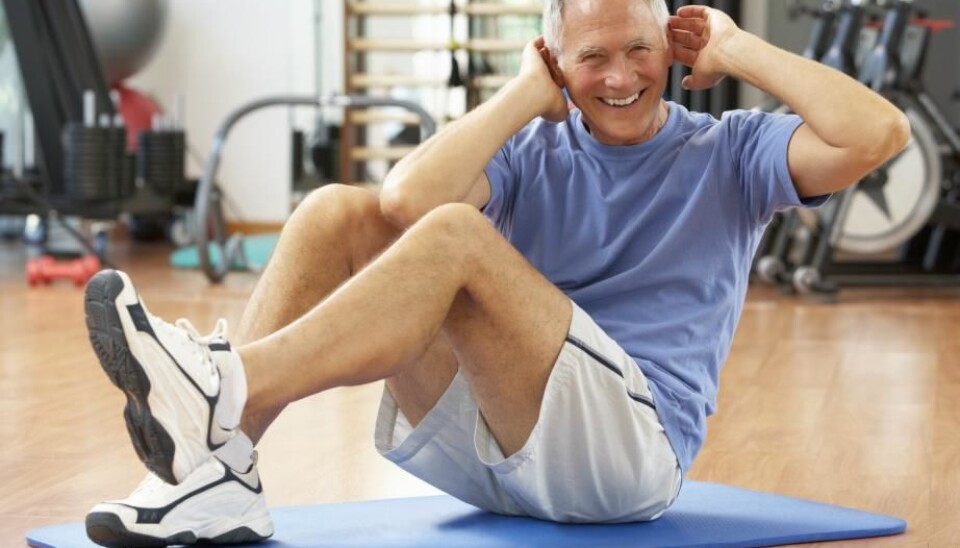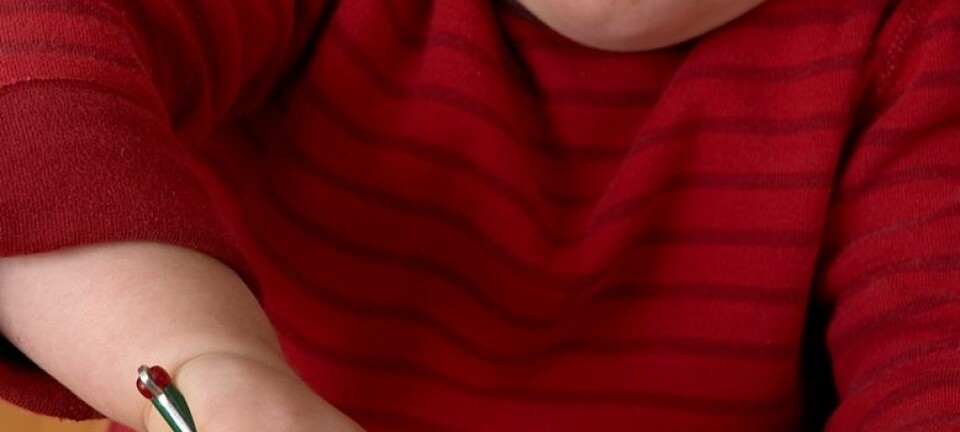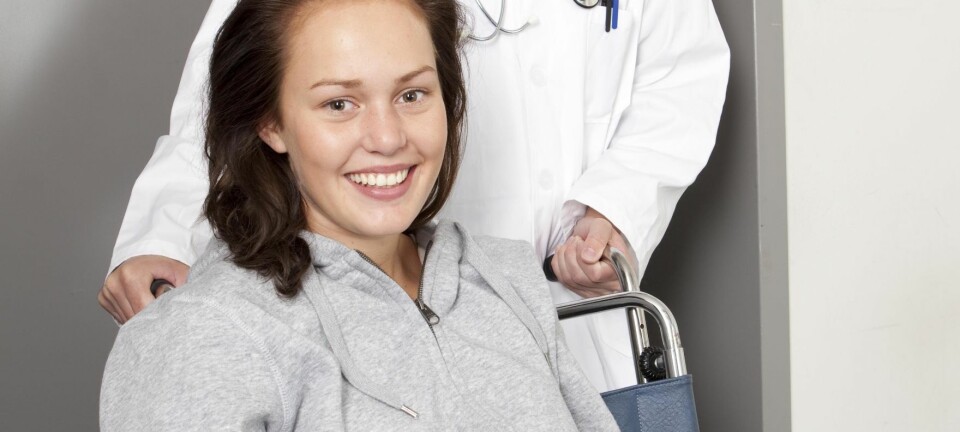
Exercise affects your genes
Going for a run affects not only our weight and humour – our genes also change when we exercise. Scientists may now be able to develop new treatment methods to reduce the risk of developing diseases in people unable to exercise.
When you exercise – whether it’s at a fitness centre, or you go for a run or a walk – you switch on the genes in your muscles that give you the strength and energy for movement.
“We knew that exercise is good and that it helps prevent a number of diseases such as diabetes, cancer and depression. But we didn’t know precisely what happens in the cells,” says Romain Barres, an assistant professor at the Novo Nordisk Foundation Center for Basic Metabolic Research, Integrative Physiology, a centre of excellence under the University of Copenhagen.
“Now we know that the muscles’ DNA is modified chemically when we’re physically active,” he says.
Changed genetic codes
Together with Swedish and Irish scientists, Barres studied what happens in the muscles’ genes when we use our bodies.
We can’t change the genetic code that our parents gave us, but we can change the way we use it. By exercising we can play with the genetic code. And everyone has the potential to switch the desire for exercise on and off.”
Romain Barres
In one of the exercises in the study, 14 men and women had a session of high-intensity and low-intensity training on a cycle. During the training session the scientists took biopsies of the test team’s muscles.
The biopsies showed that the chemical composition of the genes was adapted to giving strength and energy after just a little exercise. However, the affected genes closed down again quite quickly once the training session finished.
Towards new treatment methods
The affected genes closed down because the genetic code that we are born with is not changed when we exercise.
“We can’t change the genetic code that our parents gave us, but we can change the way we use it,” says Barres. “By exercising we can play with the genetic code. And everyone has the potential to switch the desire for exercise on and off.”
Our study gives us a basis for developing methods to improve the state of health of these involuntarily inactive people without them having to exercise.
Romain Barres
The type of research that studies how are genes are activated and regulated is called epigenetic research – and it gives us hope as it can put us on the path towards new treatment methods, adds the researcher.
Health without exercise
“We now have a fundamental key to play with,” he says. “We know that exercise helps prevent a number of diseases. But there are people who cannot exercise for various reasons. These people risk developing lifestyle diseases such as obesity and diabetes. Our study gives us a basis for developing methods to improve the state of health of these involuntarily inactive people without them having to exercise.”
For instance, it is likely in the future that we will develop new types of medicine that can make the genes imitate the process that occurs in muscles when they are used for exercise.
In this way we can manipulate the muscles’ DNA so inactive people at risk of developing diseases can have the health-related advantages of exercise without having to lift a finger.
Coffee works like exercise
Caffeine is likely to be one of the ingredients in the new medicine.
The scientists discovered through trials with rats that coffee can activate the same genes in muscles as those activated by exercise.
But coffee cannot replace going for a run.
“Exercise will always be a far better option,” says Barres.
Translated by: Michael de Laine








